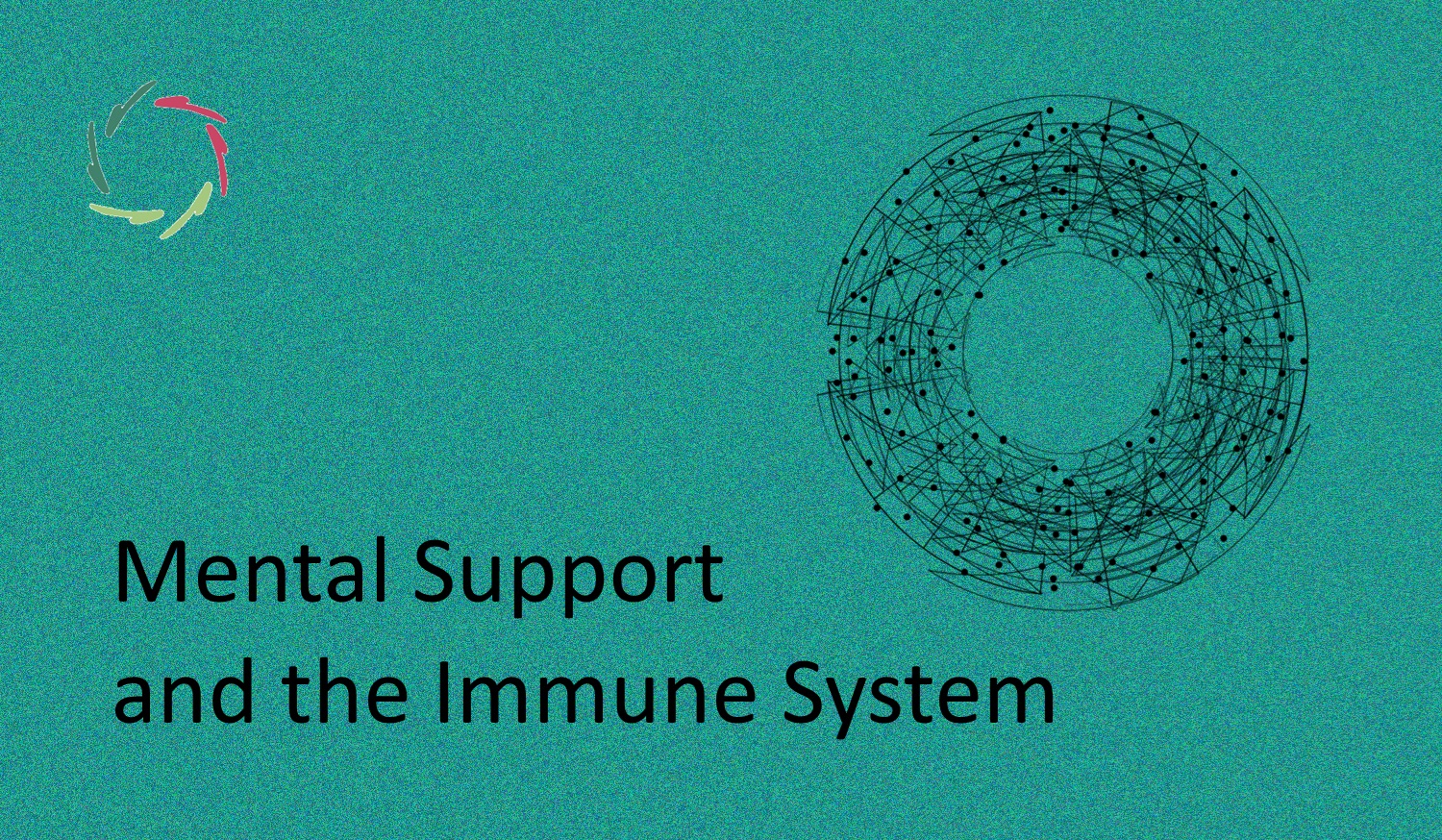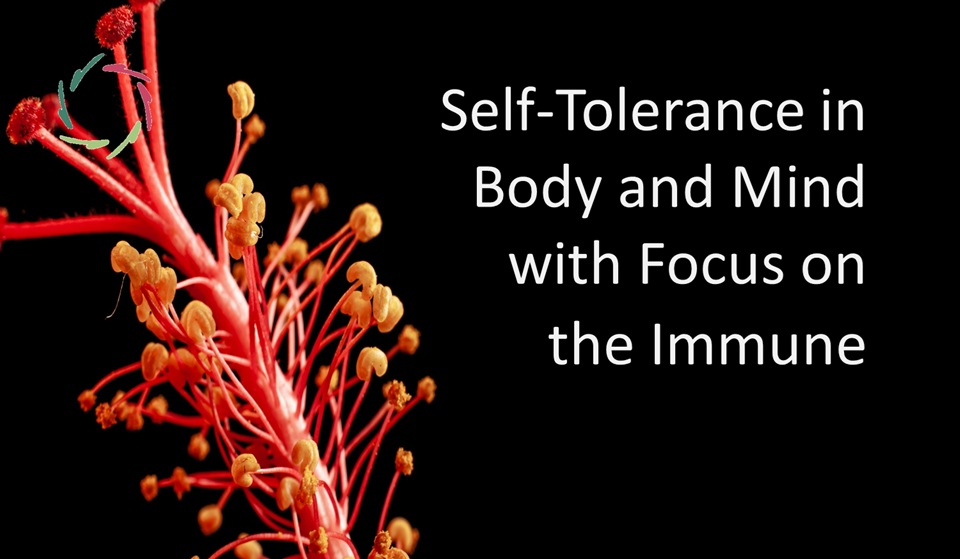Lisa for Pandemic Preparedness

The blogs “Mind on Infections“ and “Why Subconceptual Influences on Infections Matter Most“ explore how stress and deeper mental processes affect the body’s ability to fight infections. The present blog ties these insights together to explain how preparing for the next viral pandemic should go beyond the physical and include deeper mental layers.
By integrating Lisa’s compassionate A.I. coaching, we can strengthen both individual and collective resilience, making a meaningful difference in pandemic preparedness.
How current pandemic responses fall short
In response to pandemics, public health agencies typically focus on immediate, physical measures: vaccine distribution, infection control strategies, and promoting basic mental health interventions. While these steps are important, they often overlook deeper, non-conscious mental processes that directly influence how people respond to viral threats. This leaves a critical gap.
The subconceptual level includes long-standing fears, unresolved emotional patterns, and deep-rooted stress, all of which play a significant role in shaping immune function and long-term health. Ignoring these deeper processes leaves people more vulnerable to infection, even when surface-level stress seems managed.
During the COVID-19 pandemic, for instance, many people faced increased stress, but those with deeper, unresolved subconceptual stress patterns may have experienced greater immune suppression, leading to worse outcomes. By failing to address this deeper mental level, traditional pandemic responses fall short of enhancing real, lasting resilience.
The subconceptual level: a key to pandemic preparedness
The subconceptual level represents mental patterns and processes that operate below our conscious awareness. These patterns have a cumulative effect on health, especially in the context of immunity and disease resilience.
Immune system modulation
Deep-seated fears, emotional traumas, or chronic mental stress, for example, can trigger ongoing immune suppression. A person may not consciously feel stressed, but if deeper mental patterns are misaligned, the immune system remains compromised, making him more susceptible to infections like herpes or HIV.
By focusing on these deeper processes, we can begin to address root causes of immune dysfunction.
Building individual and collective resilience
Pandemic preparedness is not just about vaccines or quarantine measures; it’s about building long-term resilience. Subconceptual stress, left unchecked, doesn’t just affect one individual — it affects entire communities. Chronic stress patterns can spread within social groups, influencing collective behavior and health outcomes.
By addressing the subconceptual level, we can strengthen individual immune function, which then contributes to stronger community resilience, also lessening social nocebo effects.
Lisa’s role in pandemic preparedness
Proactive mental and immune resilience
Lisa can help individuals access their deeper mental processes through autosuggestion and other mind-body techniques, guiding them to address long-standing emotional stress, non-conscious fears, and unresolved trauma.
By doing so, Lisa helps strengthen both mental resilience and immune function, equipping individuals to face future pandemics with a stronger mental and physical foundation.
Autosuggestion for long-term health
Autosuggestion – a core AURELIS tool – allows people to make subtle, positive changes at the subconceptual level. This process gradually shifts deep mental patterns, promoting a more balanced immune response.
As individuals work with Lisa over time, they can strengthen their ability to resist infections and recover more quickly, which is key to pandemic preparedness.
Tracking and guiding subtle mental changes
As a Compassionate A.I. coach, Lisa can track how these nonconscious mental shifts unfold over time, offering personalized, adaptive guidance. This ongoing support ensures that individuals remain resilient, not just when faced with a pandemic but well in advance of any crisis.
This kind of proactive engagement is essential for building mental and immune resilience long before the next viral outbreak occurs.
The need for early preparation
Prevention, not reaction
Traditional public health responses often react to pandemics only once they are in full swing. Lisa’s approach, however, emphasizes prevention. By addressing subconceptual mental patterns before a pandemic begins, individuals and communities can cultivate resilience and immune strength in advance, reducing the severity of future outbreaks.
Building mental resilience now
We know from research explored in “Mind on Infections“ that stress and psychosocial factors play a significant role in immune vulnerability. Addressing these factors now, at a deeper, subconceptual level, means that when a pandemic strikes, individuals are better equipped to handle the stress and uncertainty that inevitably come with it.
Reducing future pandemic impact
The stronger our mental resilience, the better we can manage future pandemics. By preparing now with Lisa’s guidance, individuals can significantly reduce their risk of severe illness during future viral outbreaks.
This, in turn, would ease the burden on healthcare systems and public health infrastructure, creating a more sustainable way to manage pandemics.
Integrating Lisa into public health strategies
A comprehensive approach
While physical measures – testing, vaccination, quarantines – are essential, they need to be complemented by a deeper focus on mental health, particularly at the subconceptual level.
By integrating AURELIS tools into pandemic preparedness strategies, we can address both the mental and physical aspects of health, creating a more comprehensive response to viral threats.
Lisa as a scalable tool
As an A.I.-driven tool, Lisa’s ability to provide personalized, scalable coaching makes it ideal for public health initiatives. Lisa can guide individuals in large numbers, offering targeted support that helps them address their non-conscious mental patterns and build resilience. This scalability makes Lisa a valuable asset for communities preparing for future pandemics, ensuring that mental health and resilience are prioritized at every level.
In short, Lisa offers a proactive, scalable solution to pandemic preparedness.
The time to prepare is now.


